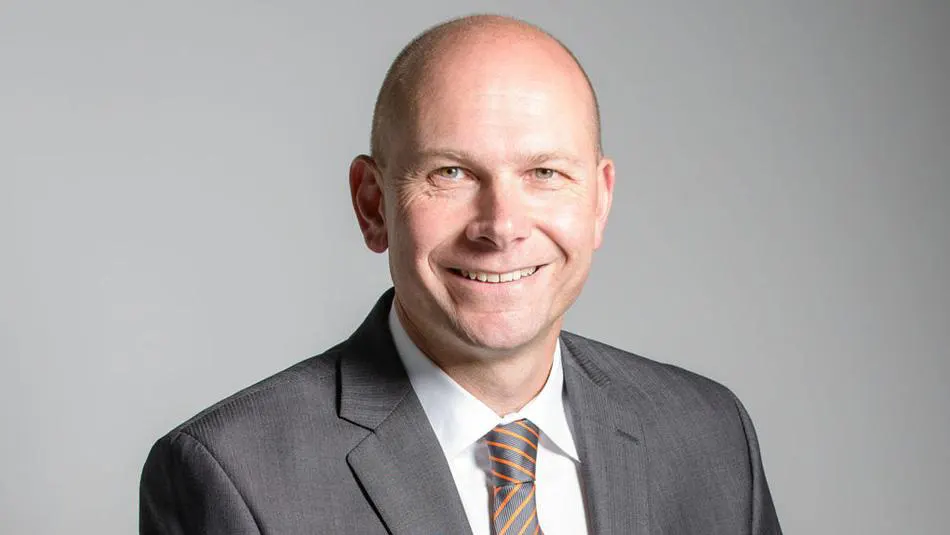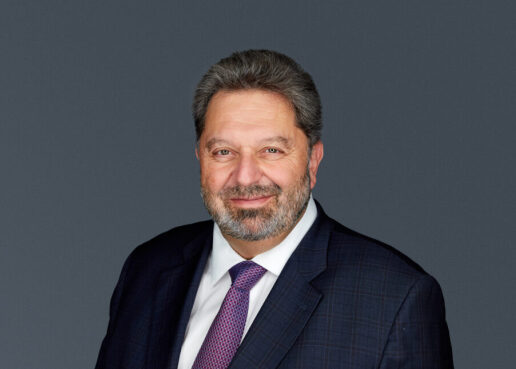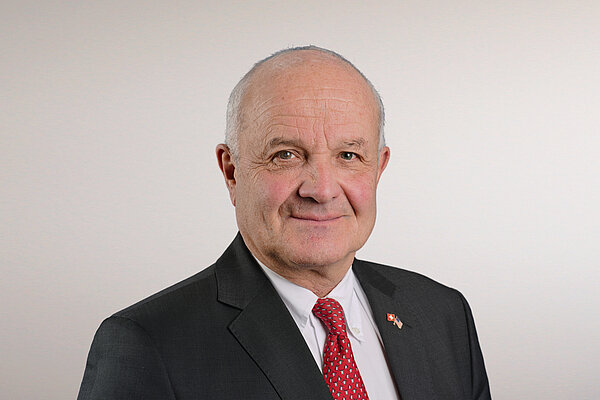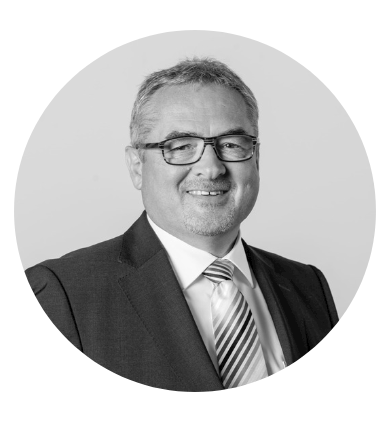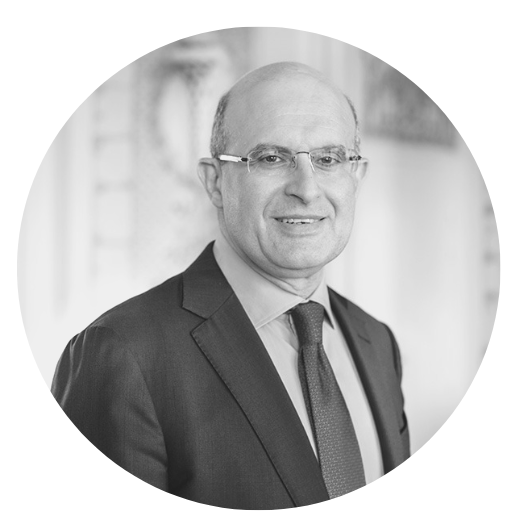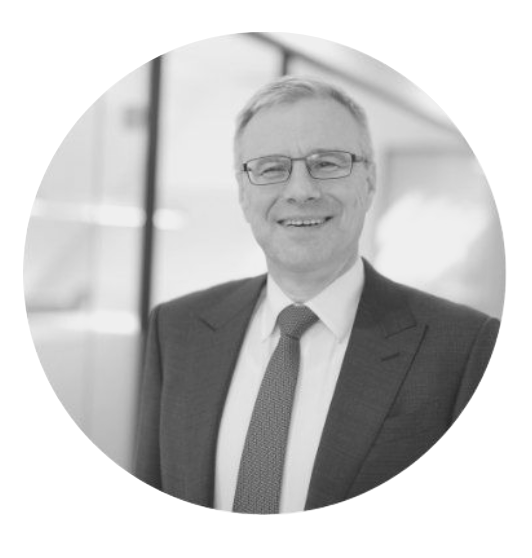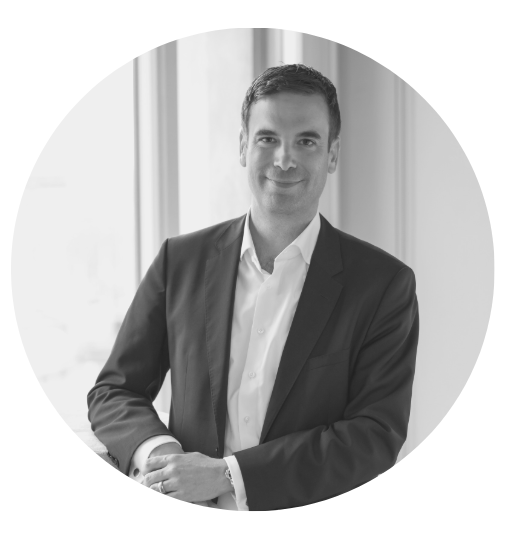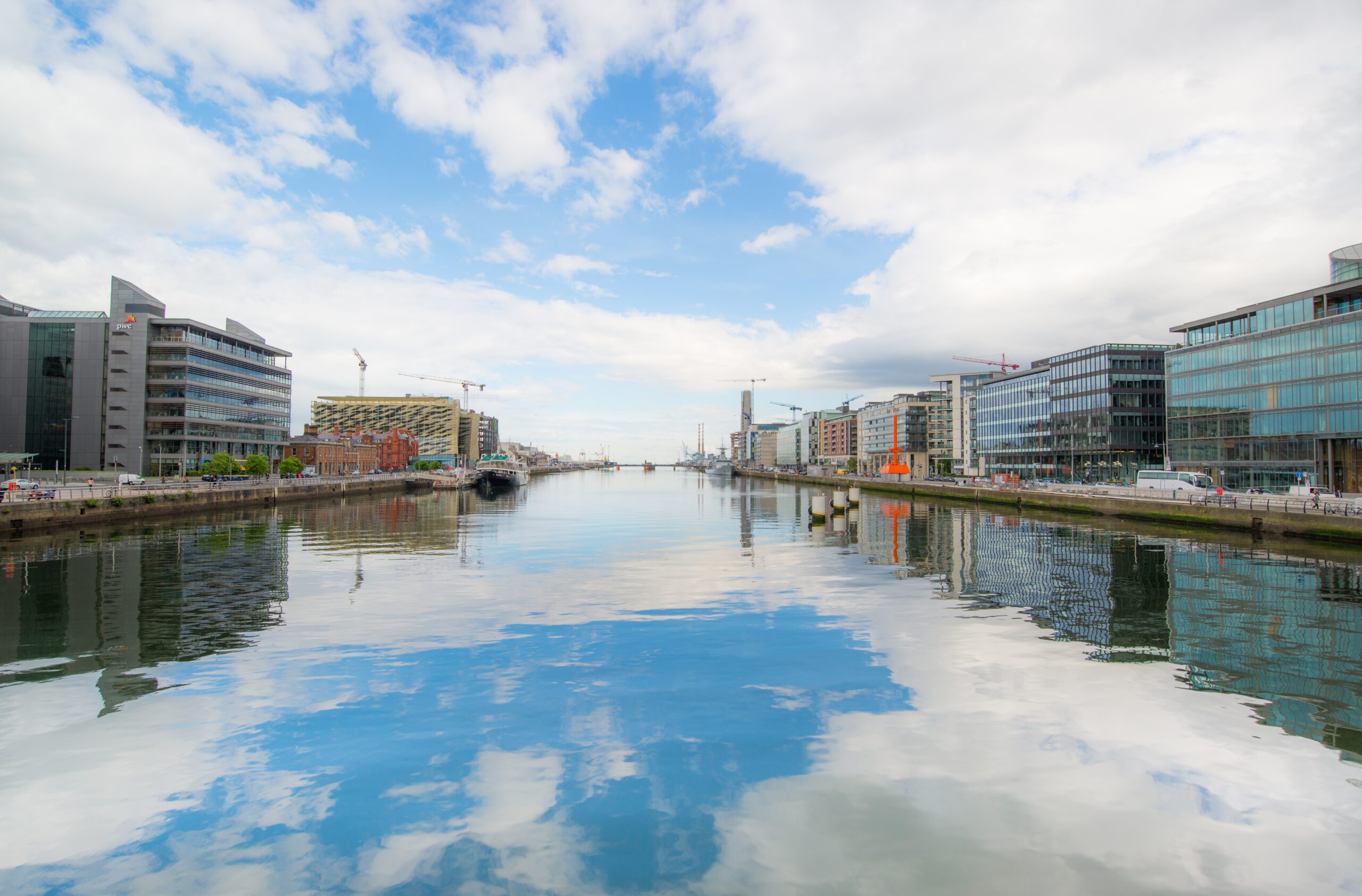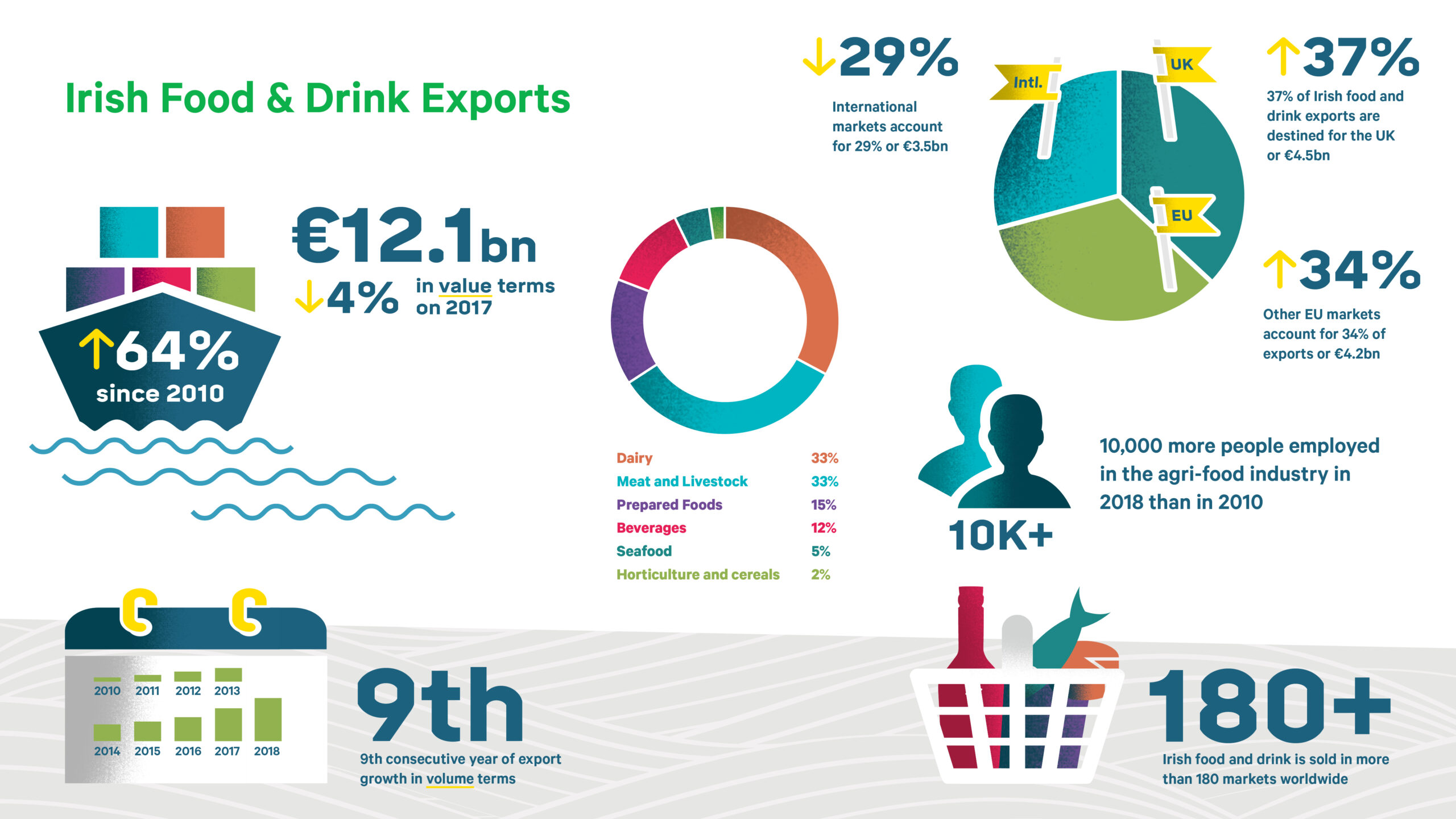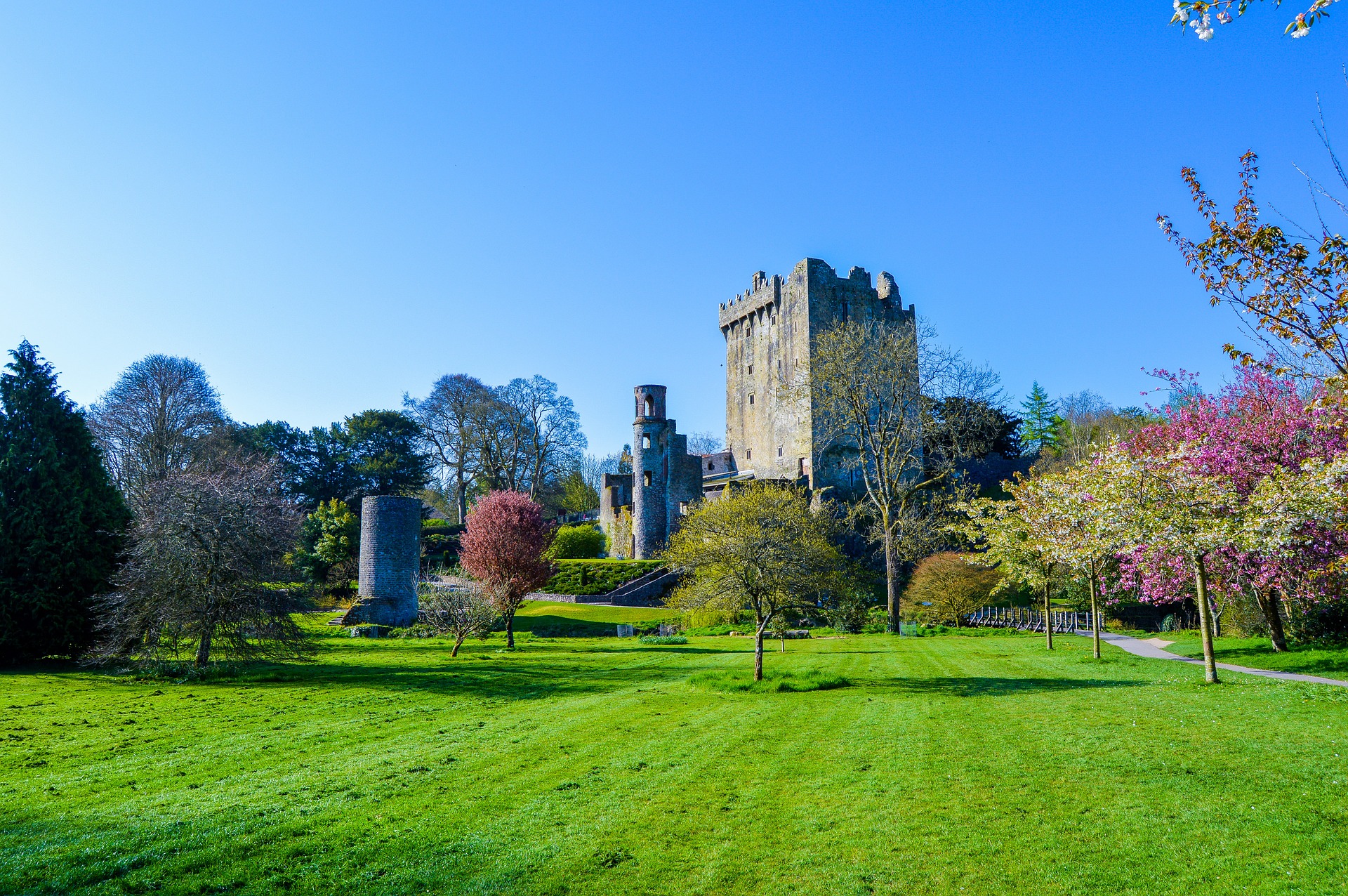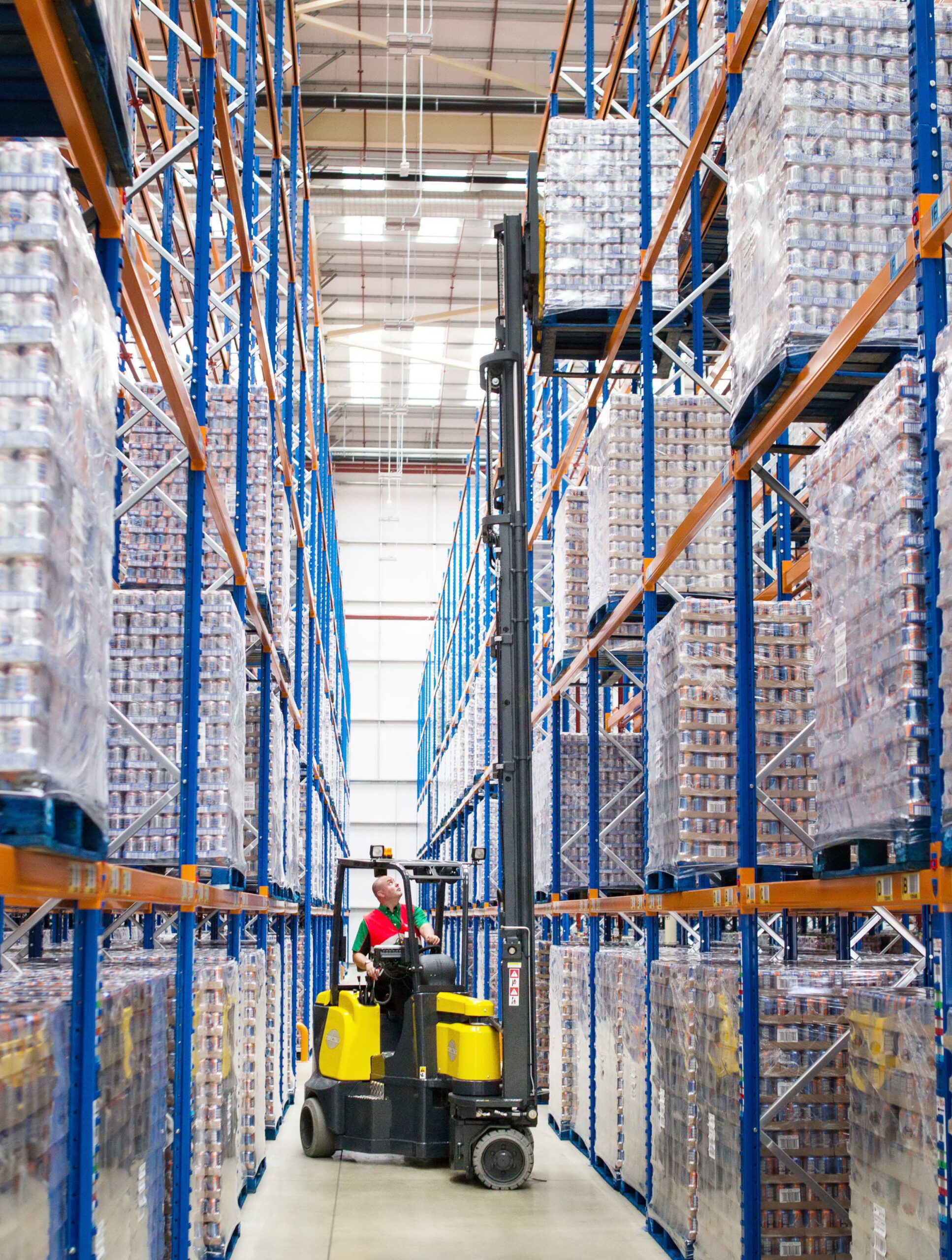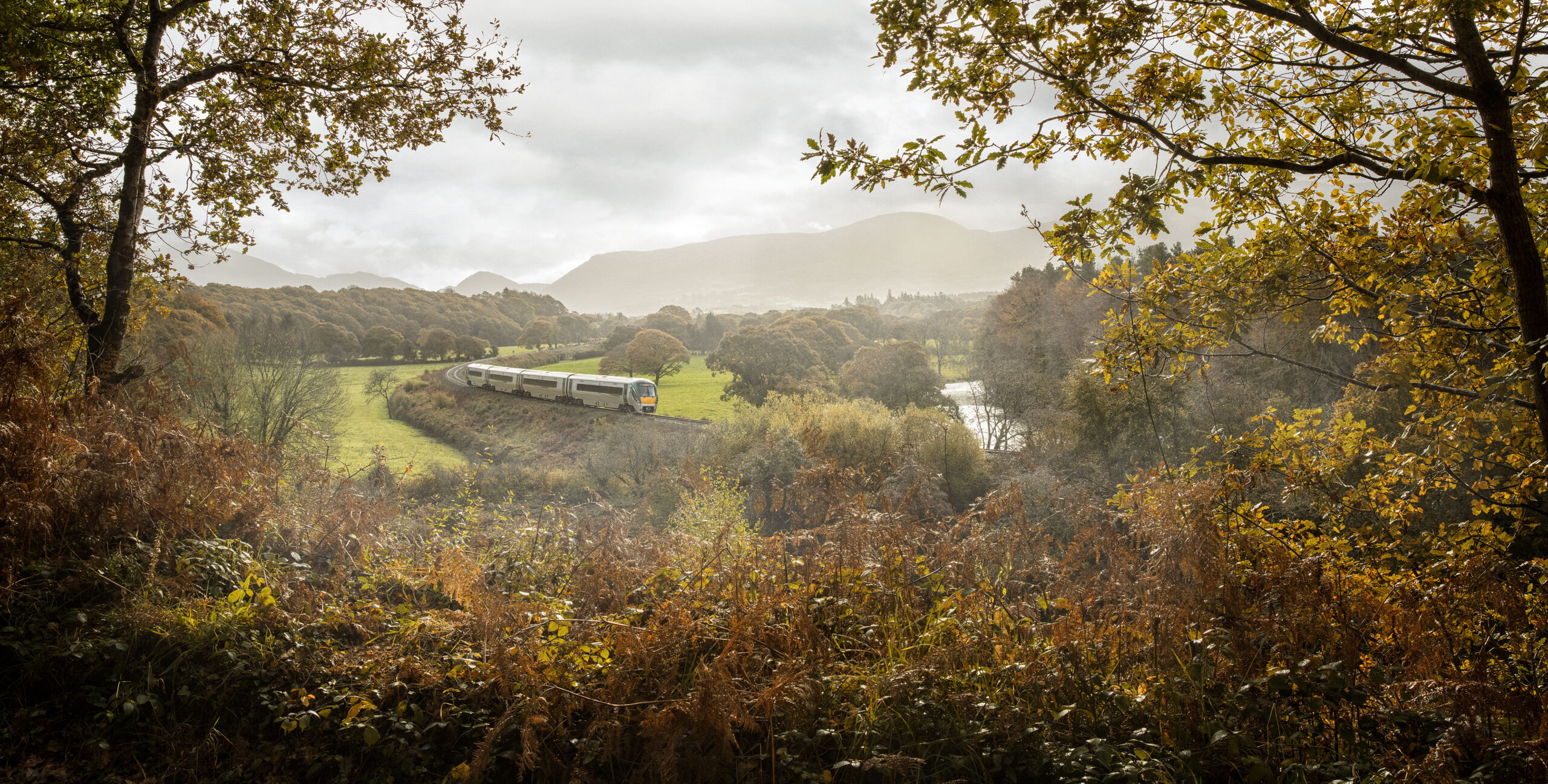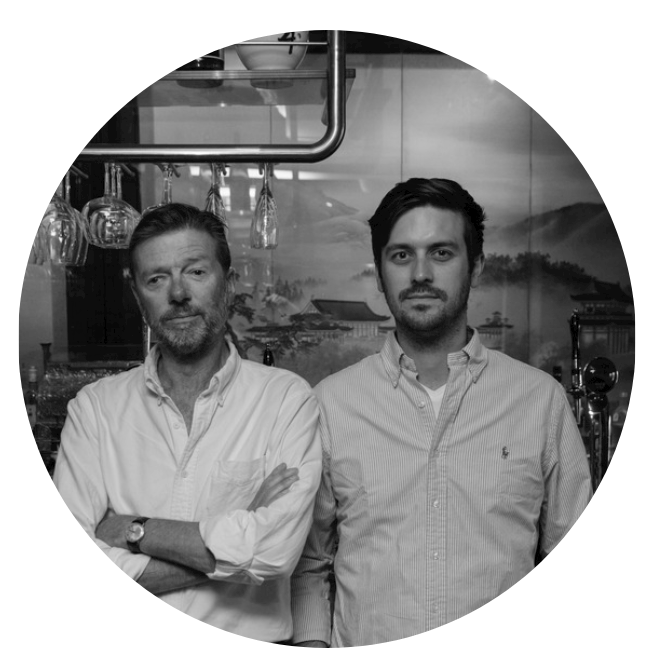The country’s financial services sector is one of the EU’s most important hubs
Ireland is a financial powerhouse, and the fourth largest provider of wholesale financial services in the European Union. The country’s international financial services (IFS) sector encompasses more than 430 financial services companies serving every major economy globally. Home to 20 of the world’s top 25 financial services companies, the IFS has over EUR 4 trillion in fund assets under administration.
These impressive facts have made Ireland a globally recognized hub for financial services across a range of activities from asset management and investments to payments and aviation financing.
The country built its thriving and vibrant IFS sector thanks to a well-educated, highly skilled, flexible, and multilingual talent pool. But it believes it can do even better. The government is committed to growing the sector, building on the successes of the last three decades.
That ambition is laid out in Ireland for Finance, a strategy for further developing the IFS sector, aiming to propel Ireland into one of the top 20 global financial centers by 2025.

Cecilia Ronan, CEO of Citibank Europe explained that in 2020, Ireland had the twin shocks of Brexit and COVID, and stated, “These two events combined had a significant impact, but we navigated them well and demonstrated significant resilience.”
She continued, “Citi had established its European Bank Headquarters in Dublin prior to the Brexit referendum, so we were well prepared to support our clients who wanted to transact with an EU licensed bank post Brexit. Our structure and location ensure an ease of doing business for clients in Europe.
“And when the Covid outbreak happened, we were also prepared – both in terms of how we were able to support our clients with their capital and liquidity requirements, and how we were able to rapidly, safely and successfully move all our employees to a remote working environment.”
She continued, “Ireland’s open economy, commitment to the EU, pro-business environment, integrated ecosystem and ability to attract diverse talent are important factors supporting the competitiveness of the financial ecosystem.”
At the heart of the IFS sector’s success is exceptional strength and ambition across its banking, insurance, investment and other financial institutions, including leading foreign and national entities that are thriving within Ireland’s supportive ecosystem.
Investment in Ireland
A key player in Ireland’s IFS is Citi, which has had a presence in the country for more than 55 years. In 1965, the American international financial services institution followed one of its clients, Ford, as it set up a manufacturing plant.
“We wanted to be close to our clients, which is important, and now we are supporting clients all across the globe from Dublin,” says Cecilia Ronan. “We realized there are certain factors here, such as the talent, that we could capitalize on, and as a result, we expanded our operations in the 1990s when we opened a Citi Solutions Center in Ireland. That expansion continued when we established Citibank Europe plc here in 2015.
“Many of Citi’s global products are now serviced from Ireland. The Euroclearing business is now done from Dublin. 75 countries are clearing through Dublin, but we already had the operations, technology and product teams here. Our global Worldlink business is entirely managed from Dublin. In addition, Citi has over 50 leaders in global roles based out of Ireland,” Ronan stated.
To enhance its capabilities and offerings from Ireland, Citi invests in cutting-edge innovation. Amid the last global crisis in 2009, it set up an innovation lab to work on an array of future-oriented solutions aligned to main revenue streams.
“The Citi Innovation Lab in Dublin was the first in Citi’s network of labs. It has three areas of focus,” commented Ronan. “One is supporting revenue growth, and the second is to support the acceleration of digitization and new emerging technologies. The third is built around the client experience. Our clients’ business models are changing as a result of digitization, and they are changing at a very rapid pace. Citi’s Innovation Lab drives our ability to create solutions that address our clients’ needs in innovative ways.”

